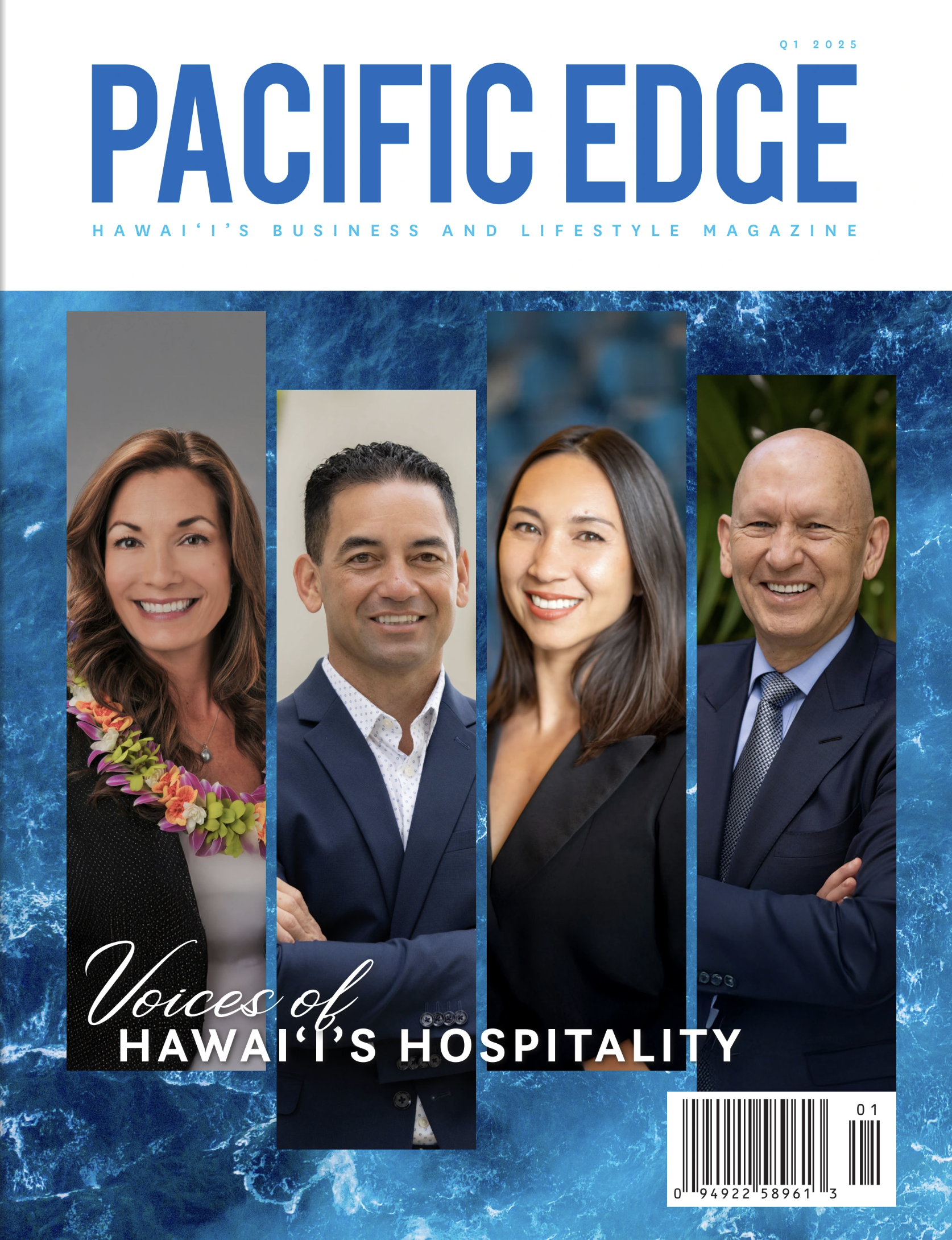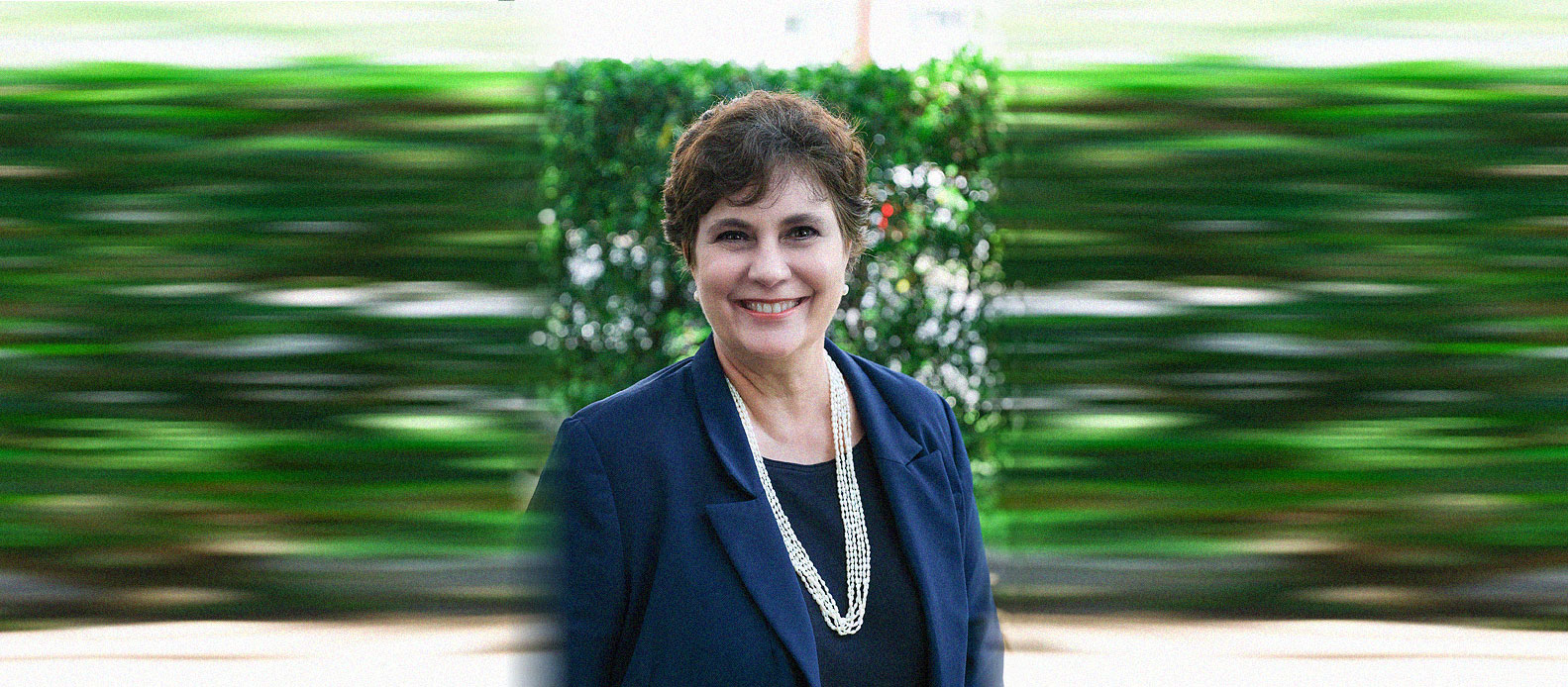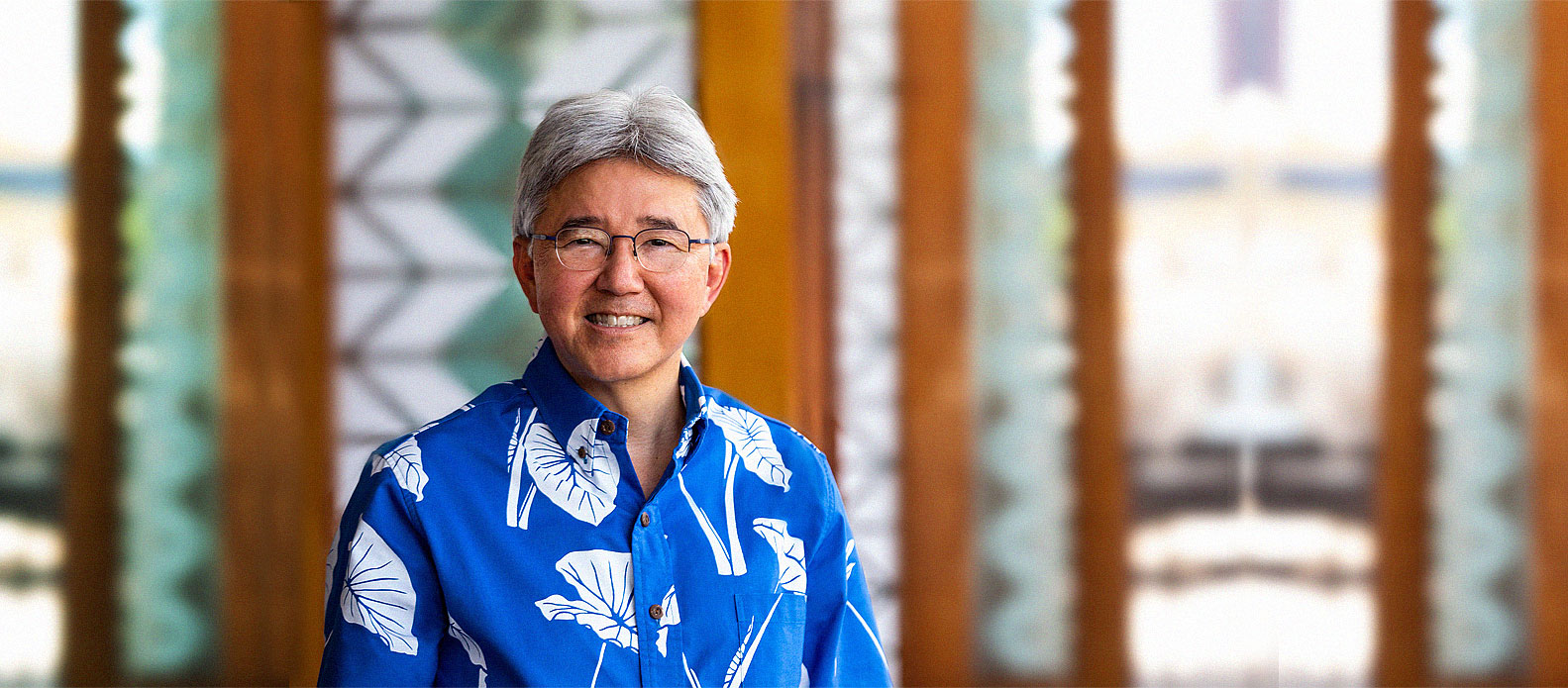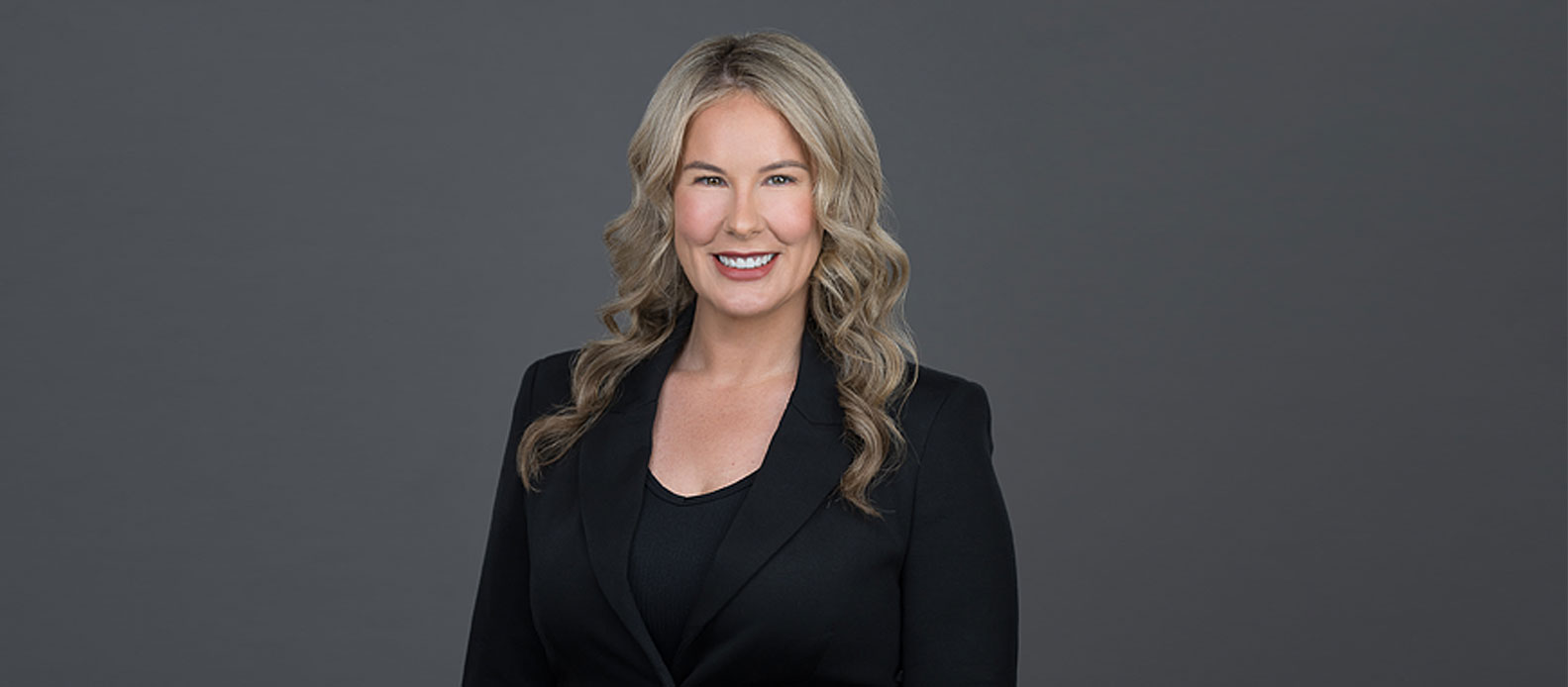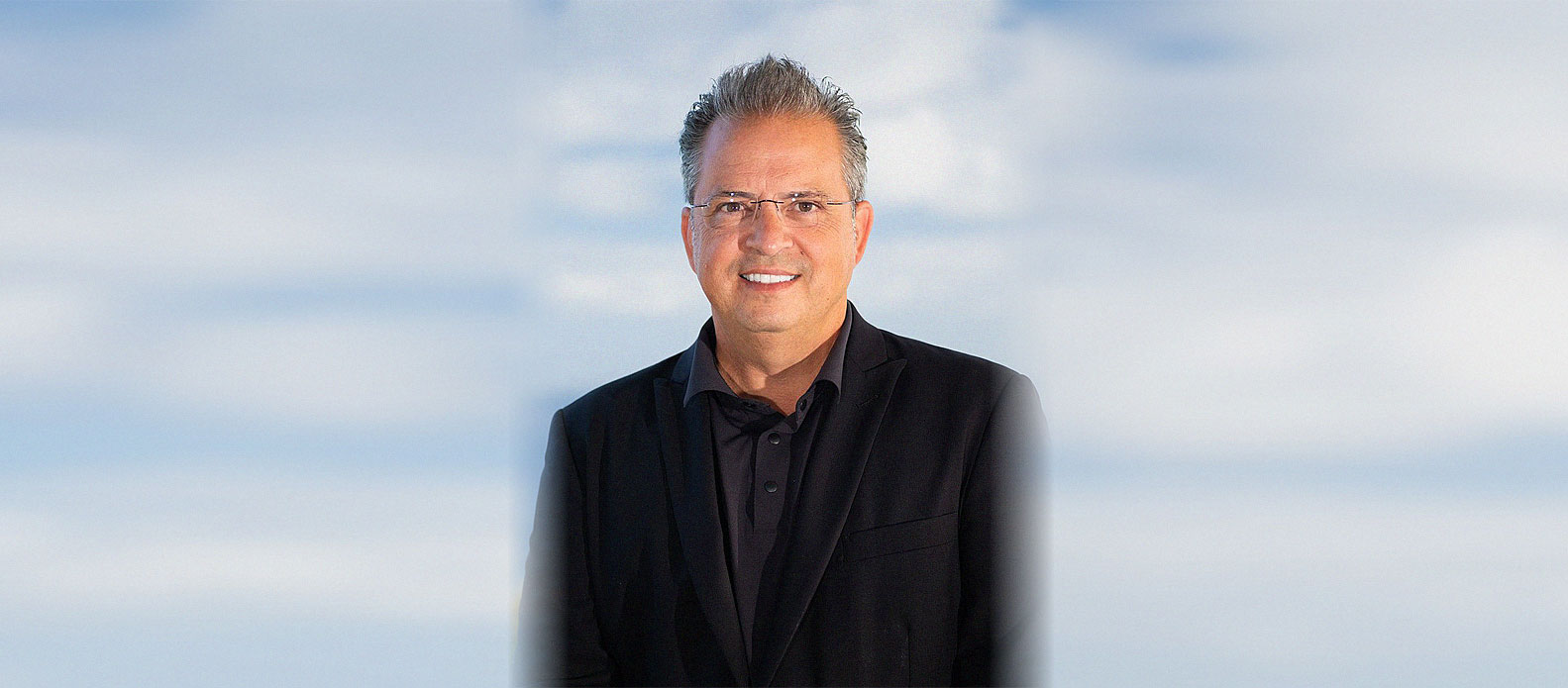How do you give back to your community?
As an employee-owned company, giving back to the community is an essential part of our culture. At American Floor and Home, we believe in taking good people and making them into great owners for our business while serving the community. We are heavily involved in the Salvation Army, Aloha United Way, Executive Women International, The Pali Momi Foundation, and donate to other non-profits throughout the year. Our workplace campaigns for Aloha United Way have had 100% participation from our employee owners for the last nine years.
We organize various events and initiatives to support different causes, including pet adoptions with the Humane Society, and quarterly cleanups on the portion of Sand Island Access Road that we have adopted. We also hold blood drives, allowing our team and the community to donate blood.
During the holidays, we support Toys for Tots and in December, we did a teacher area rug giveaway where we gave out over 500 area rugs to teachers so they could use them in their classrooms for their students.
All in all, our company has a strong commitment to making a positive impact in the community, and we are proud of the efforts we have made to give back to the community.
What does giving back mean to you?
As an employee-owned company, giving back means even more to us as it aligns with our core values and beliefs. We believe our employees are not just workers but owners who have a stake in the success of our company and our community. By giving back, we show our commitment to our community and our responsibility as owners to make a positive impact beyond our business operations. As employee-owners, we take pride in our work and in our contributions to the community. Giving back is not just a philanthropic gesture for us; it is an integral part of our culture. We recognize that our employees and our community are intertwined, and by giving back, we can build stronger relationships with our employees and our community. Overall, giving back as an employee-owned company is a win-win situation. It not only benefits our community but also strengthens our business and our sense of ownership and purpose.
What makes you stand out as a leader?
When the pandemic hit, we had to change our culture and how we lead our teams. We looked into a business strategy called The Great Game of Business that made a huge impact in our culture, especially since we are employee owned. The Great Game of Business involves opening up the company’s financial statements and sharing them with all employees to give them a better understanding of how the business operates and how their actions impact the bottom line. By involving employees in the financial decision-making process and showing them the financial results of their efforts, The Great Game of Business aims to create a sense of ownership, accountability, and transparency. The Great Game of Business also involves setting goals, creating scoreboards, and incentivizing employees to achieve those goals through a system of rewards and recognition.
The scoreboards track progress towards the goals and are updated regularly, giving employees real-time feedback on their performance. The philosophy behind The Great Game of Business is that by involving employees in the business and empowering them to make decisions, the company can improve its financial performance and create a more engaged and motivated workforce. It’s a way to align the interests of employees with the interests of the company. The Great Game of Business is a management philosophy that involves teaching employees about the financials of the business and empowering them to make decisions that impact the bottom line. It’s a way to create a more engaged and motivated workforce and align the interests of employees with the interests of the company. The Great Game of Business challenges my leadership style to be different, and I believe the employee owners prefer this style of inclusiveness versus if we weren’t employee owned.
Now, as a more experienced leader, how do you define success?
As a leader, I believe success should not be limited to personal achievements or the performance of the organization alone. Success is when I can empower and support team members to reach their full potential and achieve their goals. It means creating a work environment that is inclusive, collaborative, and supportive, where team members can feel valued, appreciated, and fulfilled.
Success should be viewed as an ongoing journey rather than a destination. Success is not a finite game but an infinite game. It involves continuous learning, improvement, and growth, both for the organization and its team members. Our company culture is based on “Kaizen,” which is continuous improvement, willingness to change, and perfection is our standard. Success means setting ambitious yet achievable goals and constantly challenging ourselves to do better and be better.
What’s the best advice you were ever given and who was it from?
One of the best pieces of advice I’ve ever received was from my dad. He taught me to prioritize our employees as the biggest asset in the company. His advice highlights the importance of valuing and investing in our employees as the key driver of the company’s success. By prioritizing our employees, our leaders can create a positive work environment where team members feel valued, supported, and empowered. This, in turn, can lead to higher productivity, increased engagement, and better retention rates. I read the book, LEAD WITH LUV by Colleen Barrett and Ken Blanchard. It highlights that if you don’t love your people then they won’t be able to show love to their customers and each other. My dad said that you must invest in your time with your team to get the return on investment you really want from them.


